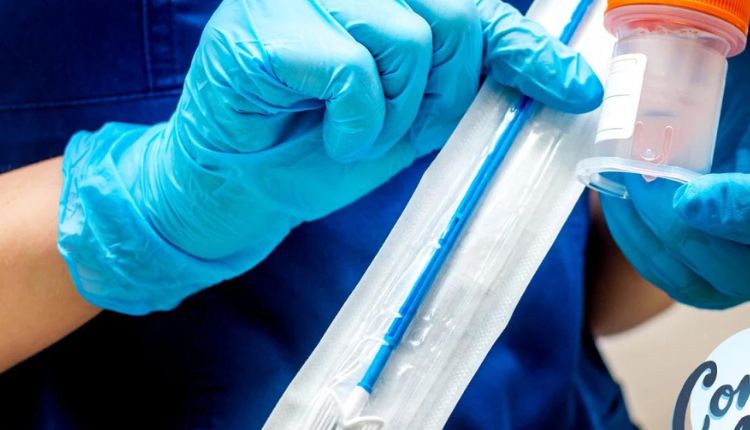Pap smear tests are an important part of preventive health care for women. Pap smear tests can detect abnormal cells in the cervix that can potentially lead to cervical cancer if left untreated. The good news is that most of these abnormalities can be detected early, treated and prevented with regular pap smears. There are some best practices for optimal results during a Pap smear test, which we will discuss below.
Prepare Ahead –
Make sure you schedule your pap smear test according to the schedule recommended by your doctor, usually once every three years if you’re over 21 or every five years if you’re over 30 and have had other cervical screenings done since the age of 21. Read up on what to expect and make sure you’re mentally prepared before heading into your appointment
For more information, click here- Pap Smear Test
Plan Your Day –
Try to plan your day around your Pap smear appointment so that it doesn’t interfere with any other plans that you have going on throughout the day. You want to be relaxed and stress-free before going into this medical procedure because being nervous or anxious could affect the accuracy of the test results.
Avoid Douches or Vaginal Sprays –
It is important to avoid any douches or vaginal sprays a few days before a Pap Smear Test as they can influence cell specimens collected during the test, resulting in inaccurate results from the test itself. Ask your doctor which products are safe for use prior to a Pap Smear Test if cleaning is required beforehand.
Avoid Sexual Activity Beforehand –
It is best not to engage in sexual intercourse 24 hours prior to a Pap Smear Test so as not to interfere with any samples collected during the testing procedure itself due its impact on secretions and cells found within the vagina/cervix.
Empty Your Bladder Before Testing –
Try your best not to empty your bladder right before undergoing a Pap Smear Test since pressure from full bladders may push cells away from collection tools used during sampling where they cannot be examined properly at all.
Wear Comfortable Clothes –
Wear comfortable clothing that allows easy access through pants legs or skirts so that doctors don’t have time consuming tasks while performing screening procedures, leading towards smoother and faster processes overall while ensuring accuracy in results as well. If possible, avoid wearing tight bottoms such as jeans or shorts; opt instead for sweatpants or maxi dresses/skirts.
Your Doctor Should Be Aware Of Any Abnormalities –
Even though abdominal examination isn’t required when doing regular gynecological exams like Pap Smears Tests; inform the doctor about any known abnormalities found previously in order for physicians know what areas need extra attention when performing their evaluations per patient specific needs (i,e: previous fibroids detected).
Stay Relaxed During the Appointment–
Most doctors understand how uncomfortable it can be having strangers appear near sensitive areas but try staying relaxed as much as possible. If needed, bring someone along with you who could provide emotional support reassurance—this way both patient/professional interactions would feel more natural upon completing examinations being performed too.
Follow Up With Questions or Concerns–
Don’t hesitate asking questions related directly or why certain steps were taken during routine procedures like cervical exams—it’s always better informed than uninformed when it come so the wellbeing of ourselves. Afterward taking notes down after visitations would help keep track easier too.
Listen To Instructions Carefully–
Lastly following doctor’s orders quickly carefully—their information should always applied first than opinionated online news pieces should second thoughts get manifesting throughout treatment protocols. When visiting sites like WebMD meanwhile using their diagnoses wisely (looking between symptoms symptom combinations): That’s also another good source finding alternate routes curing potential issues discovered afterwards too.
